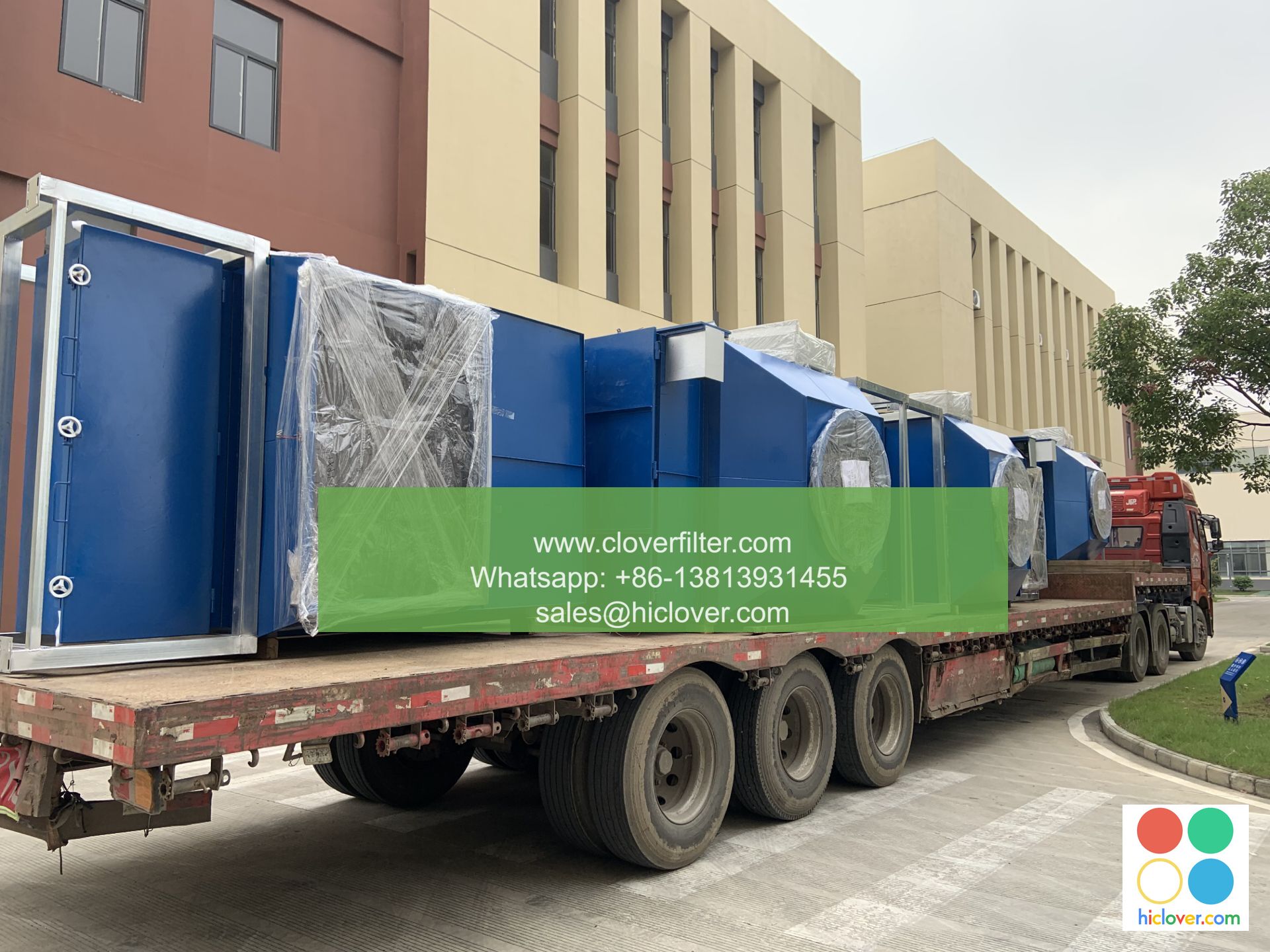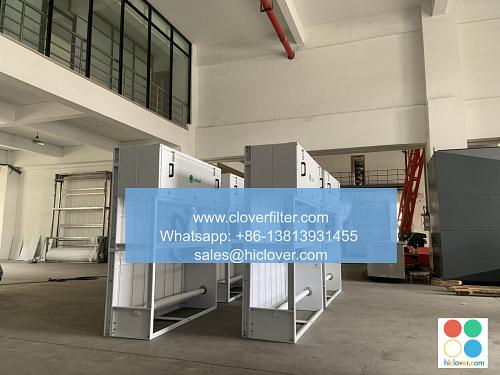Mind Over Matter: Debunking Air Filter Myths

The concept of mind over matter can be applied to various aspects of life, including the way we perceive and understand the importance of air filtration systems in our daily lives. With the rise of indoor air pollution and its detrimental effects on human health, it’s essential to separate fact from fiction when it comes to air filter myths. In this article, we’ll delve into the world of air purification and explore the science behind air filters, debunking common myths and highlighting the application areas where high-quality air filters can make a significant difference.
The Importance of Indoor Air Quality
Indoor air quality (IAQ) is a critical aspect of our overall well-being, as we spend a significant amount of time indoors, whether at home, in the office, or in other enclosed spaces. Poor indoor air quality can lead to a range of health issues, including respiratory problems, allergies, and even cancer. The Environmental Protection Agency (EPA) estimates that indoor air pollution is one of the top five environmental risks to public health. Therefore, it’s crucial to understand the role of air filtration systems in maintaining good IAQ.
Debunking Common Air Filter Myths
Several myths surround the effectiveness and functionality of air filters. Let’s examine some of the most common myths and separate fact from fiction:
* Myth 1: All air filters are created equal. This is far from the truth. Different types of air filters, such as HEPA filters, activated carbon filters, and ULPA filters, have varying levels of effectiveness in capturing particulate matter, gases, and odors.
* Myth 2: Air filters are only necessary for people with allergies. While air filters can be particularly beneficial for individuals with allergies and respiratory issues, they can also improve IAQ for everyone, regardless of their health status.
* Myth 3: Air filters are a waste of money. This myth is perpetuated by the misconception that air filters are ineffective or that they don’t make a significant difference in IAQ. In reality, high-quality air filters can have a substantial impact on reducing indoor air pollution and improving overall health.
Application Areas for High-Quality Air Filters
Air filtration systems have a wide range of applications across various industries and settings, including:
* Residential homes: Air filters can improve IAQ and reduce the risk of respiratory problems and allergies in homes.
* Commercial offices: Air filtration systems can enhance productivity and employee health in office settings.
* Industrial facilities: Air filters can help reduce industrial air pollution and improve worker safety in manufacturing plants and other industrial settings.
* Healthcare facilities: Air filtration systems are crucial in hospitals and other healthcare settings, where infection control and patient safety are paramount.
* Transportation: Air filters can improve IAQ in vehicles, such as cars, buses, and trains, reducing the risk of respiratory problems and allergies among passengers.
Conclusion
In conclusion, the concept of mind over matter can be applied to our understanding of air filtration systems and their importance in maintaining good IAQ. By debunking common air filter myths and highlighting the application areas where high-quality air filters can make a significant difference, we can work towards creating healthier and more sustainable indoor environments. Remember, clean air is essential for our well-being, and air filtration systems play a vital role in achieving this goal. It seems like you didn’t include a prompt. Could you please provide more details or clarify what you’re looking for? I’m here to help with any questions or topics you’d like to discuss!

